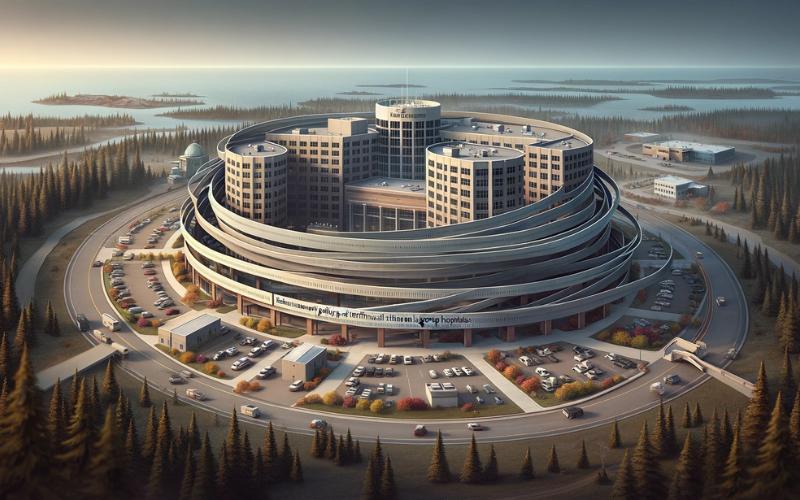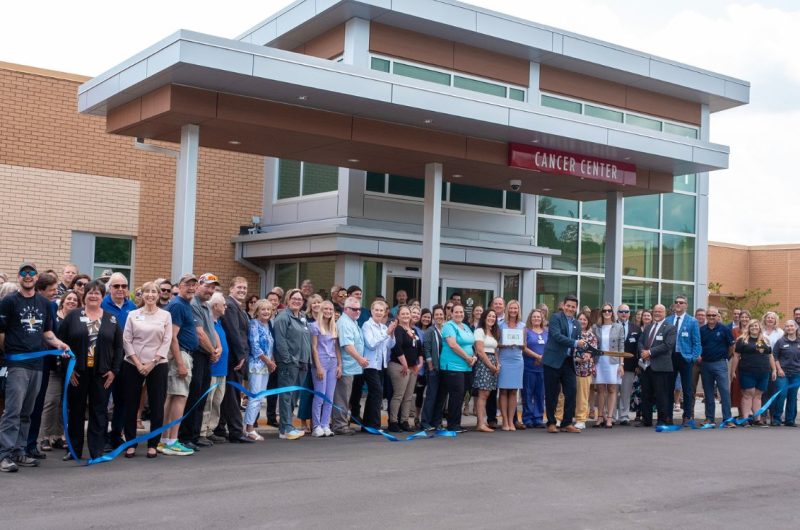Reimbursement Policies Put Financial Strain on Larger UP Hospitals

The financial landscape for healthcare has always been complicated, and to ensure access to care in rural areas the Federal Government created Critical Access Hospitals, which are hospitals that have 25 licensed beds or less and are located at least 35 miles from another hospital.
These hospitals are reimbursed by Medicare at 101% of cost. The larger hospitals in the U.P. are Prospective Payment System (PPS) hospitals and they get reimbursed on the inpatient side by a diagnostic related group (DRG) or by a fee screen on the outpatient side.
One of the real dilemmas for PPS hospitals is that if a patient comes in and has multiple procedures on the same day that includes lab work and another ancillary study, the PPS hospital doesn’t get paid for the lab work and only gets paid for the other ancillary study.
If the patient comes back on two different days, one day for the lab work and the next day for the ancillary study, then both procedures get paid.
This policy doesn’t make sense in rural areas where patients may have to drive in excess of an hour each way in order to just get to the hospital because it really would be a burden for patients, especially patients on Medicare, to do this.
Yet in order for rural PPS hospitals to survive financially, we need to be paid for all of the studies and procedures that we do. This reimbursement mechanism doesn’t impact critical access hospitals because they are reimbursed based on their costs, but it does have a significant impact on rural PPS hospitals who are trying to survive and maintain access to necessary healthcare services within their communities.
We are hopeful that the Center for Medicare and Medicaid Services (CMS) will change this policy soon, but if they do not then patients will know why these PPS hospitals might be asking them to come in on two separate days to get testing that really could be done on one visit.





